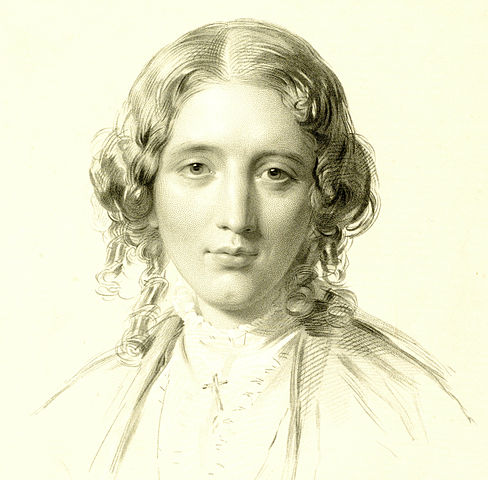Today’s Google Doodle celebrates the 197th birthday of physician and abolitionist Elizabeth Blackwell.
Who was Elizabeth Blackwell :Saturday’s Google Doodle Honors Elizabeth Blackwell
Today’s Google Doodle celebrates the 197th birthday of physician and abolitionist Elizabeth Blackwell.
Elizabeth Blackwell was born in Bristol in 1821 and went on to become the first woman to ever receive a medical degree in the US as well as becoming the first woman to be put on the UK Medical Register.
In 1832 the Blackwell family left England and moved across the Atlantic to settle in New York City.
After making history in America Elizabeth headed for Europe and studied in Paris as well as making several trips back to Britain.
Neither Elizabeth or any of her four sisters ever married.
In 1907 while on holiday in Scotland, she fell down a flight of stairs and was left suffering major physical and mental paralysis.
Three years later she passed away in Sussex at the age of 89.
Elizabeth was well-educated for her time and was close to her sister Anna. Thanks to Anna, Elizabeth got a job at a music academy in North Carolina and began saving up to pay for medical school.
Blackwell spent the first part of her working life as a teacher, but in the mid-1840s, the death of a friend prompted her to study medicine. After much contemplation, she set her mind to becoming a doctor, and she decided that only one of Philadelphia’s prestigious medical schools would do.
But there were no female doctors in the United States at the time, and the medical establishment didn’t want to change that. Blackwell applied to medical school after medical school, and she got back rejection after rejection. Some said that as a woman, she obviously wasn’t up to the rigors of medical study and practice; others said that they couldn’t risk her becoming competition for the male doctors already practicing. Beset on all sides by contradictory rejections, she sought advice from every doctor she could find. Several of them actually suggested that Blackwell would be better of disguising herself as a man to apply for medical school.
Instead, she applied to what today’s college-bound students would call “backup schools,” and one was brave enough to take her. She entered Geneva Medical College (now Hobart College) in 1847 and graduated in 1849.
There’s no denying that Blackwell was a pioneer, but she was also, in many ways, a product of her time. She’s remembered as an advocate for women’s rights, and she certainly was, but she also argued – on religious grounds – against medical contraception, advocating the (significantly less effective) rhythm method instead. Her approach to medicine focused on moral and social reform, and she believed that morality and spirituality played a role in disease and wellness. It wasn’t an uncommon view at the time, and on that basis, she argued against inoculations and vaccines, and she firmly rejected the newfangled idea that microscopic organisms cause disease
